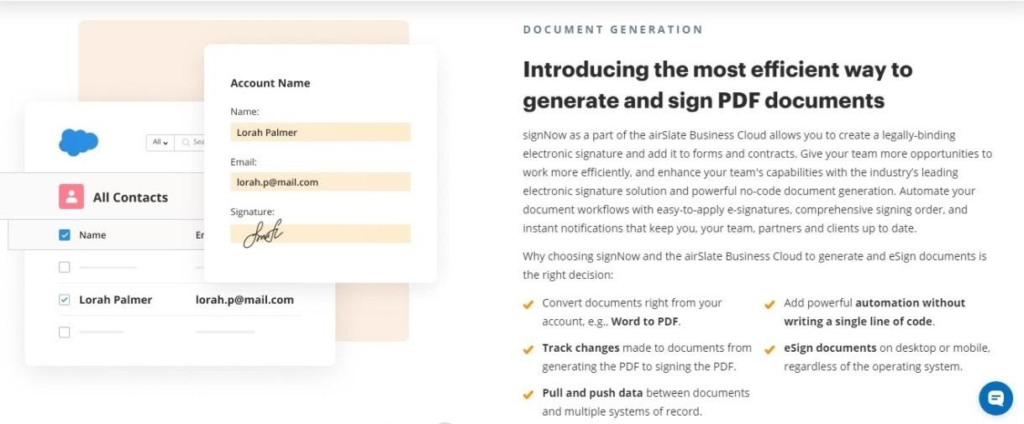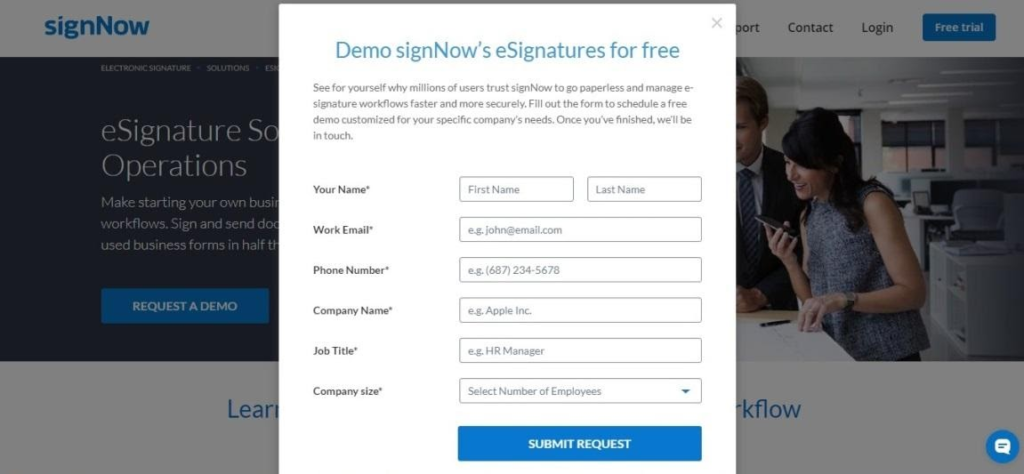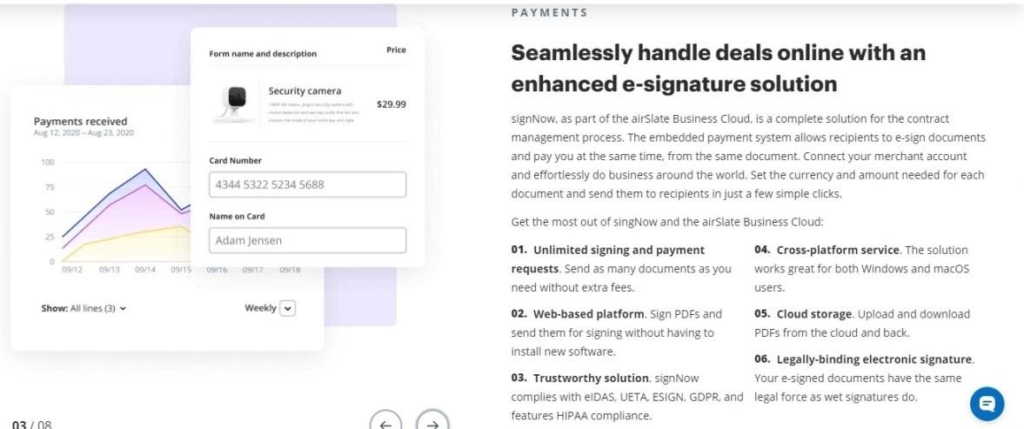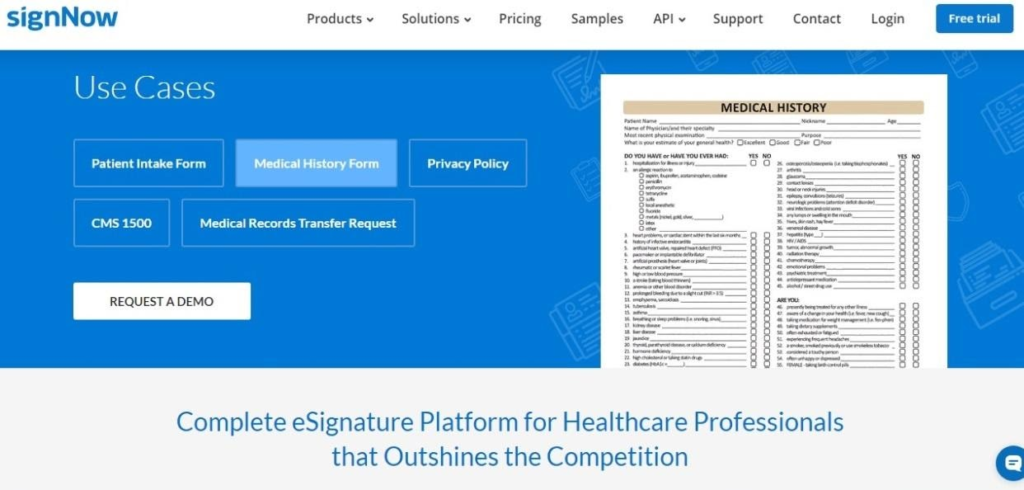The innovation of electronic document flow currently is being implemented into all spheres of business activities and management. It means a new need to certify documents that exist only in electronic form arises in the activities of businessmen or legal entities. For this, an electronic digital signature is needed, which is an analog of a handwritten sign. The existing types of electronic signatures are established by the ESIGN Act. One of the main purposes is to identify the signer.
Scope of Application and E-Signature Types
An ordinary e-signature is popular in various spheres, for example, to receive public services from state and local authorities, as well as get personal and business services in an electronic way.
E-signature types:
— Simple or basic electronic signature (BES)
It represents what the signer usually puts on a document — a handwritten sign. After this, such a sign is protected by a crypto digital signature. As for the basic electronic signature, a crypto digital signature is created using a signing key stored on a trust service provider (TSP) server.
— Advanced electronic or digital signature (AES)
— Qualified advanced electronic or digital signature (QES)
The last two types of e-signing solutions provide the highest level of security as they use unique signature keys for each signer. This links the identity of the user directly to the signed document so that anyone can verify it for themselves using a standard PDF reader. Technically, they are called digital signatures. Getting a basic electronic signature is free. Other types of electronic signatures are delivered by special service providers like SignNow.

A document signed using a qualified e-signature is, in its legal force, equal to a paper analog with an official handwritten signature and a seal. It is this type of e-signature that is often used for online submission of reports to regulatory authorities and work in the client-bank system.
Both qualified and advanced e-signatures:
- Identify the identity of the signatory
- Ensure the detection of edits made in e-docs after signing
- Are created using cryptography techniques using a private key
- Can be verified by the owners of the public key
How to Speed Up Your Business Process with E-Signing
Thanks to modern technologies and techniques, converting information and its constituent parts (letters, numbers, words, symbols) into digital form facilitates and accelerates your work process. Crypto-encryption methods are used to increase the level of protection of the transmission and storage of important data. This is especially important for representatives of the legal profession, where the protection of legal documents is a necessary factor.

Any person can be the owner of the certificate. To get it, you just need to contact a certification center SignNow where you will receive 2 keys — private and public.
Under the law of most countries, including the United States of America, an electronic signature has the same legal force as a simple signature of a person with a seal.
Business Segments of E-Signing
An e-signature is used in various business areas of the B2B and B2C segment to exchange documents, generate purchase orders, collect financial data from partners and clients, and ensure the safety of your e-documents. Such a signature allows confirming the authenticity, legal force of the document, and sending it via e-mail or program to a client, buyer, or company located in another city or country at any time of the day or night, and any day of the week.

E-signatures are widely used by international companies as they speed up numerous transactions and eliminate several additional meetings. Therefore, for individuals or companies seeking to use the latest technology, the use of an electronic signature by SignNow can be very useful when working with successful, modernized local and foreign companies.
E-commerce: Tender Purchases
An electronic signature is required to work on electronic trading platforms, which serve as a single point of communication between customers and service providers. It is the digital signature that gives legal force to all transactions and contracts concluded between bidders.
Tenders can be both public and commercial, created by entrepreneurs and IT companies interested in e-commerce: G2B – “Government-to-Business” segment.
E-declaration: Tax Process and Accounting
To use a convenient electronic tax declaration and submit information about income and property status in minutes online, you will need an e-signature. It is a convenient digital alternative for citizens who value their time and want to be sure that the tax return was fully accepted by the Internal Revenue Service before the deadline for submission.
E-Signature Solutions in healthcare
The healthcare industry is one of the most popular spheres introducing automation into the workflow process. The tasks for e-signatures in the field of healthcare are various. You can get medical forms signed in no time. E-signatures help to sign the contracts concluded by patients with doctors, as well as give quick access to information related to the health of each patient. Thanks to such e-signatures, every doctor can easily access a single medical database with saved medical history forms.

The introduction of e-signing was made to automate the work of doctors themselves as well as the administrative part of medical institutions and pharmacists. This means that it will be much easier for the patient to get a prescription drug. Thanks to electronic document management, everything happens automatically and much faster. No spoiled or lost sick leaves and prescriptions. So, as you can see, a digital signature is needed not only by business but by almost every citizen of the USA who seeks to facilitate the receipt of various services from the state. CEP is your way to forget about queues at government agencies, collecting dozens of papers to obtain a single certificate, and waste of time.







